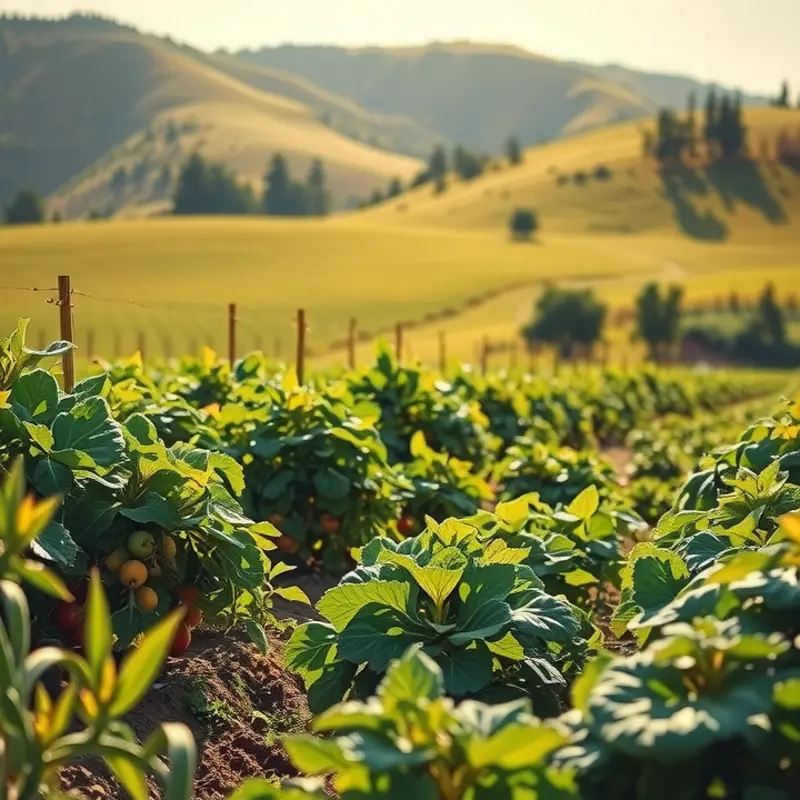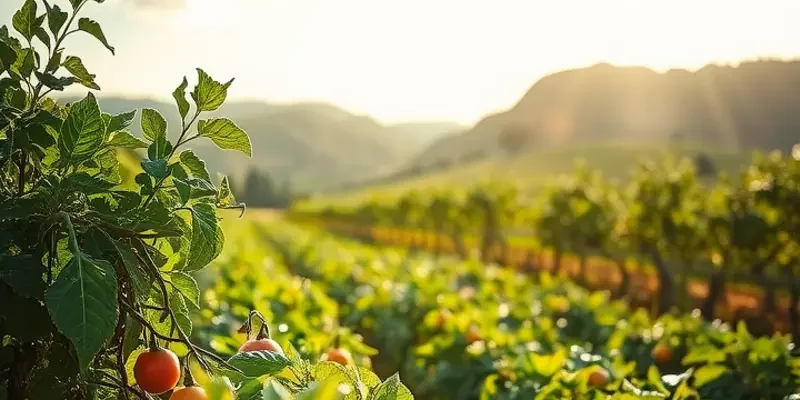Opting for dairy products that respect the environment and animal welfare is vital for environmentally-conscious individuals. As the demand for ethical and sustainable food grows, understanding how to select dairy products that align with your values can be empowering. From understanding farming practices to examining certifications and labels, this guide will help you navigate the complex world of dairy choices. Dive in, discover, and make a positive impact on the planet with every dairy decision you make.
Understanding Ethical Dairy Farming

Ethical dairy farming encompasses diverse practices that prioritize sustainability and the welfare of animals. At the core, these methods involve a distinct approach to how cows are raised, the quality of their feed, and how their health is managed. These practices not only improve the quality of milk but also contribute to reducing environmental damage and improving animal well-being.
A key component of ethical dairy farming is the pasture-raised system. In this model, cows roam freely in open pastures, engaging in their natural grazing behavior. This contrasts with the conventional approach where cows often spend most of their lives indoors, sometimes with limited mobility. Pasture-raised systems are advantageous as they promote the physical and psychological well-being of the cows. Moreover, they encourage a natural diet rich in diverse grasses and plants, leading to milk that is higher in beneficial fatty acids and vitamins such as omega-3 and beta-carotene.
The role of organic certifications in ethical dairy farming cannot be understated. Organic farming often involves stringent standards concerning feed, healthcare, and housing conditions. Cows in organic systems are fed a diet free of synthetic pesticides and GMOs, often leading to reduced exposure to harmful chemicals for both the animals and consumers. Their health care eschews the use of routine antibiotics and hormones, aligning with practices aimed toward minimizing ecological impact and supporting animal welfare. Additionally, organic certifications frequently mandate access to pasture, further supporting cows’ natural behaviors.
Different ethical farming methods also emphasize environmental sustainability. Rotational grazing, where cows are periodically moved to fresh pastures, prevents overgrazing and encourages diverse plant growth. This practice enhances soil health, sequesters carbon, and supports local biodiversity by maintaining habitats. Moreover, manure from these animals naturally fertilizes the land, reducing the need for synthetic fertilizers that can leach into waterways, causing pollution.
Beyond these practices, ethical dairy farming advocates for humane treatment throughout the cows’ lifespans. This includes proper veterinary care, a balanced diet, and the enforcement of space requirements to ensure comfort. Collectively, these strategies not only improve the quality of life for the cows but also can lead to longer lifespans and increased productivity.
For eco-conscious consumers wanting to choose ethically produced dairy products, understanding these farming practices is essential. It bridges the gap between consumption and environmental impact, providing a clearer picture of how everyday choices can support broader ecological and ethical objectives. By opting for pasture-raised and organic-certified products, consumers can confidently contribute to a system that values sustainability and animal welfare, ultimately enhancing both human health and the environment.
For more on sustainable practices in food production, consider the insights in eco-smart kitchen storage, highlighting ways to support eco-friendly habits in your daily routine.
Label Literacy: Choosing the Right Certifications

Understanding labels on dairy products can be a daunting task. As an eco-conscious consumer, knowing the difference between various certifications can guide you in making ethical choices. Let’s explore some of the most common labels and what they signify.
Organic: The organic certification is among the most recognized. It assures that the product comes from farms that avoid synthetic pesticides and fertilizers. Organic dairy cattle are also not given antibiotics or growth hormones. This label supports environmentally friendly farming practices and can be a significant criterion if you prioritize ecological sustainability.
Grass-Fed: This label implies that the cows have been fed primarily grass throughout their lives. Grass-fed dairy can be healthier, offering higher levels of omega-3 fatty acids. However, the term ‘grass-fed’ is not strictly regulated in some regions, which means it might not always guarantee the animal spent all of its life on pasture. Look for third-party certifications for assurance.
Certified Humane: Products with this certification come from farms where animals are treated humanely, allowing them to express their natural behaviors. The standards include providing sufficient space, shelter, and gentle handling. This label appeals to consumers who prioritize animal welfare.
Unfortunately, some labels can be misleading or used as tools for greenwashing. Terms like “natural” or “farm-fresh” lack specific regulatory standards and can be vague. They often fail to ensure any genuine eco-friendly or ethical farming practices. Therefore, scrutinizing labels and checking for reputable certifications is crucial in avoiding products that are simply exploiting consumer concerns.
In addition to checking for well-known certifications, familiarize yourself with local or regional labels that might also uphold high standards of sustainability and animal welfare. By knowing the intricacies of these certifications and what they stand for, you put yourself in a stronger position to make choices that align with your values.
For a comprehensive approach to eco-friendly living, consider how you store dairy products to maximize their shelf life and minimize waste. Explore some tips on sustainable food storage in your kitchen here, helping not just in making ethical choices but also in reducing environmental impact in everyday life.
Final words
Choosing ethical dairy products isn’t just about making a personal decision; it’s a powerful stance towards a more sustainable food system. By prioritizing dairy from farms that practice environmental stewardship and animal welfare, you contribute to a healthier planet. Understanding the farming practices behind your dairy and deciphering labels empowers you to make informed choices. Every purchase counts, and collectively, our decisions can inspire change throughout the industry. Embrace the journey of eco-friendly dairy consumption, and remember, the future of our food system begins with our choices today.








